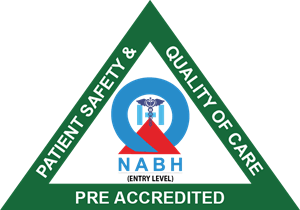- Home
- About
- Specialities
Centers of Excellence
- Facilities
- Procedures
Procedures
- Doctor List
- Health Packages
- Contact


Our Internal Medicine division specializes in understanding, treatment and maintainence of general health aspects of adults. The department is well curated to provide not just therapeutic treatment, but also preventive care as well as lifestyle modification counselling. Our team of specialists are dedicated towards providing empathetic care in clinical environment supported by updated research & education with thorough understanding of current medical advances and treatments.
Bakson Multispeciality Hospital’s, internal medicine specialists focus on:-
Assessing people with multiple medical/health concerns. This includes those with complex/unexplained symptoms who need help in diagnosis of illness.
Collaboration with other experts/ departments in order to create an individualized treatment plan when needed.
Healthy lifestyle, early disease detection & disease prevention strategies.
Our sub-specialities include:-
| OPD | -- |
Get to know our dedicated group of board certified doctors with exemplary qualifications, here to assist you on your healthcare journey.
These are stories that involves resilience, persistence & personal strength. Overcoming odds, difficulty and of course challenges of health, these stories ought to inspire us to look beyond the difficulties because there is always more to our lives than just challenges


You can choose to walk in to meet our doctors in their OPD or better still to book your appointment on line. You don’t need to wait. We have specialists in almost all fields of modern medicine.
We have rendered services in Homoeopathy for over 5 decades.
© copyright 2021 | All rights reserved